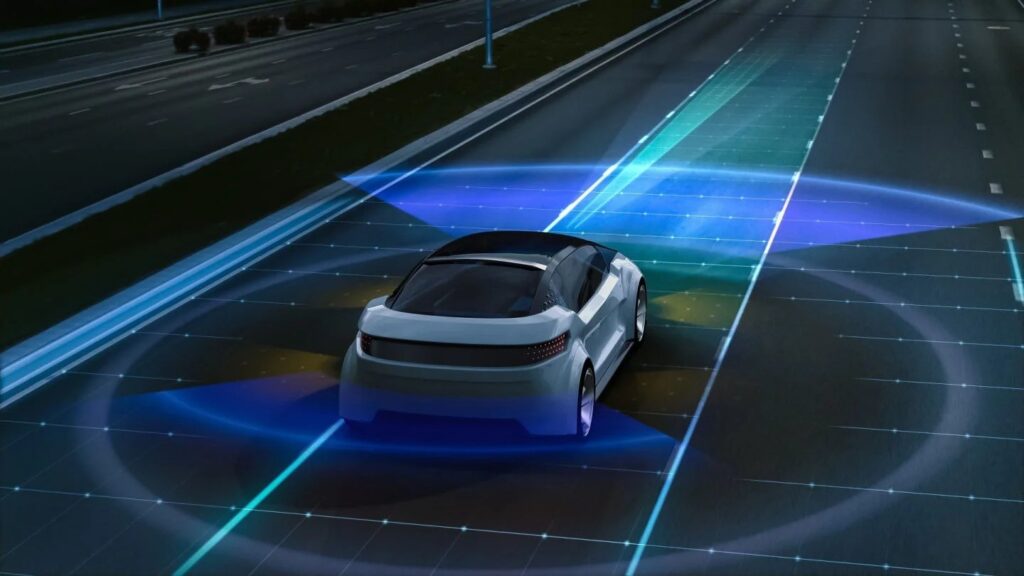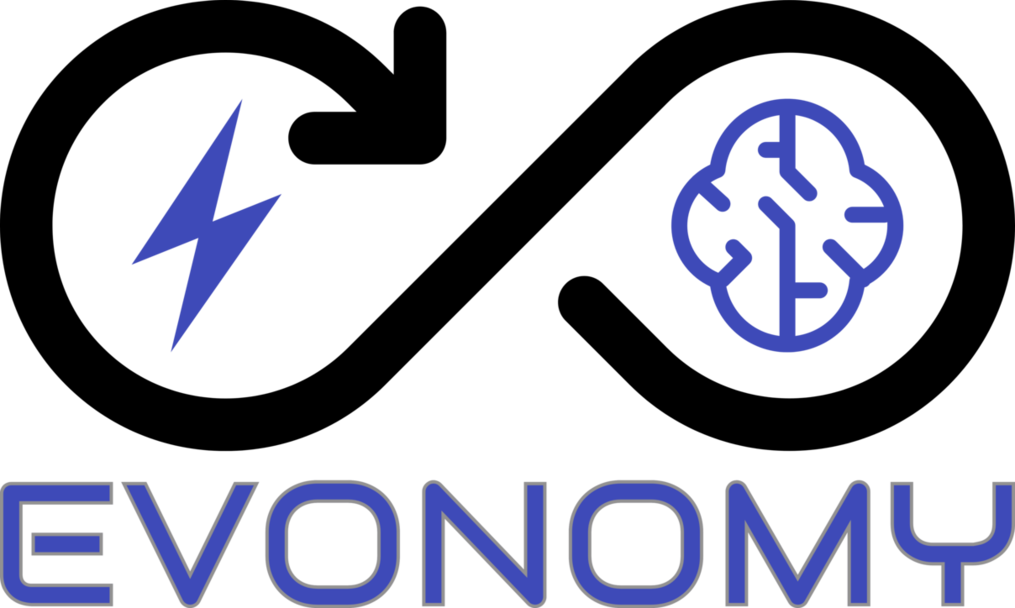
Vueron Newsletter
No. 86
2024.02.02
| LG Innotek invests in Taiwan to boost autonomous driving goals | ||
| Self-driving cars can be sold between companies in Korea | ||
| Apple Working On Own EV, Launch Reportedly Delayed To 2028 | ||
| AutoL joins EVONOMY’s Ecosystem, offering robust LiDAR solutions for multiple applications |
1. LG Innotek invests in Taiwan to boost autonomous driving goals
-
- LG Innotek has invested in Taiwanese lens manufacturer AOE Optronics to develop lenses for autonomous vehicle (AV) cameras.
- AOE Optronics specializes in creating aspherical glass lenses for AVs and aims to increase its supply to the US market.
- Optical cameras are crucial in AVs, enabling them to sense the surrounding environment and aiding in navigation.
- AV optical cameras are often paired with image-processing algorithms to extract contextual information from captured footage.
- GlobalData’s Thematic Intelligence report on autonomous vehicles predicts rapid innovation and funding for sensors and cameras within the AV market, aiming to enhance safety and camera quality by 2025.
- LG Innotek and AOE Optronics aim to improve camera quality and maintain competitiveness in pricing.
- LG Innotek plans to expand its camera module portfolio to include vehicles, XR devices, and other areas.

The investment by LG Innotek in AOE Optronics suggests a focus on enhancing camera technology for autonomous vehicles, reflecting the growing importance of visual perception in AVs. The commitment to expanding camera modules beyond vehicles to XR devices and other areas suggests a broader vision for LG Innotek in leveraging camera technology across various industries and applications.
2. Self-driving cars can be sold between companies in Korea
-
- Business-to-business (B2B) transactions for Level 4 autonomous vehicles, capable of operating without driver intervention, will be allowed later this year in Korea.
- Companies like Hyundai, Kia, Mercedes-Benz, and autonomous driving startups such as Autonomous A2Z will be permitted to sell autonomous vehicles to businesses, public institutions, and local governments.
- The Ministry of Land, Infrastructure, and Transport (MOLIT) has requested a legal review of the ‘Bill on Promoting and Supporting the Commercialization of Autonomous Vehicles,’ which includes the B2B allowance for Level 4 autonomous vehicles.
- The bill aims to establish a legal basis for the sale of Level 4 autonomous vehicles, expand the market, and is expected to be enacted within the year.
- B2B sales of autonomous vehicles may become possible as early as the third quarter if subordinate legislation, such as implementation rules, is prepared quickly after legislative review.
- The change is anticipated to accelerate the commercialization of Level 4 autonomous vehicles, triggering technological competition among manufacturers.
- Currently, B2B sales for Level 4 autonomous vehicles are not possible; they have been limited to non-B2B purposes and supplied for autonomous transportation service businesses like local governments.
- Future B2B sales will be open to enterprises, public institutions, municipalities, and transportation providers for various applications, including shuttles and deliveries.
- The introduction of B2B for Level 4 autonomous vehicles is expected to expand sales, create an ecosystem supporting commercialization, and benefit autonomous vehicle startups struggling with sales.

Enabling B2B sales is likely to drive investment and technology development for autonomous vehicle startups, creating a virtuous cycle that improves the overall competitiveness of the autonomous vehicle industry. The expansion of sales to businesses, public institutions, and local governments suggests a broader adoption of autonomous vehicles in various sectors beyond consumer use.
3. Robomart Partners With PIX Moving to Build Mobile Retail Stores On Top of PIX’s Skateboard Chassis Platform
-
- Robomart, a pioneer in the concept of mobile convenience stores, has partnered with autonomous mobile vehicle platform company PIX Moving.
- The collaboration aims to enhance Robomart’s fleet of mobile retail stores using PIX Moving’s expertise in autonomous vehicle production.
- PIX Moving’s platform allows for custom-designed compartments with flexibility in size and temperature control, making it suitable for various retail needs.
- PIX Moving’s approach involves providing a self-driving chassis platform upon which customers can build their own autonomous vehicles for specific purposes, such as meal delivery lockers or temperature-controlled mobile grocery stores.
- The partnership indicates that Robomart will utilize PIX Moving’s platform for its next-generation autonomous models, building on the PIX skateboard chassis platform.
- Robomart CEO Ali Ahmed envisions the PIX-powered vehicles being phased into the fleet starting near the end of 2025, integrating with both smaller stores (like autonomous versions of the Oasis model) and larger stores (like the Haven model).

The collaboration reflects the growing trend of integrating autonomous technology into mobile retail concepts, enhancing the efficiency and adaptability of such services. This collaboration showcases how companies in the autonomous vehicle space are evolving to provide platforms that cater to diverse industries, from retail to meal delivery, fostering innovation and customization in the autonomous vehicle ecosystem.
4. Apple Working On Own EV, Launch Reportedly Delayed To 2028
-
- Apple’s electric vehicle initiative, Project Titan, started in 2015 with the initial goal of creating a fully autonomous vehicle without a steering wheel.
- Recent reports indicate a change in tactics, with Apple planning to introduce a more practical electric vehicle by 2028.
- The revised plan aims for a Level 2+ autonomy system, similar to Tesla’s Autopilot, requiring drivers to stay alert and ready to take control.
- The decision to abandon the Level 4 autonomy goal reflects an acknowledgment of challenges and regulatory constraints associated with fully autonomous driving.
- Apple may explore increasing autonomy through future software updates to align with changing international regulations.
- Tim Cook, Apple’s CEO, faced pressure from the board last year to deliver a detailed plan for Project Titan’s execution or consider scrapping the project.
- Kevin Lynch, Apple’s Vice President, has led Project Titan since 2021, but some employees express concerns about the level of innovation in the first Apple car.
- There is potential skepticism within the company about the electric vehicle initiative being perceived as a “me-too product” lacking the innovation seen in Apple’s previous successful ventures.
- Project Titan is one of Apple’s most costly projects, with alleged annual spending in the hundreds of millions on engineering, salaries, cloud-based systems, and closed-road testing.
- As of now, CarPlay software represents Apple’s primary entry into the automotive market, providing drivers with access to iPhone functions like Siri and maps.

Apple’s shift in tactics towards a more practical electric vehicle with Level 2+ autonomy suggests a recognition of the challenges in achieving full autonomy and the importance of aligning with current regulatory constraints. The focus on potential software updates for increased autonomy reflects the evolving nature of autonomous driving technology and the need to adapt to regulatory changes.
5. AutoL joins EVONOMY’s Ecosystem, offering robust LiDAR solutions for multiple applications
-
- EVONOMY Group, a leader in technical and commercial services for Autonomous Technologies, Connectivity, Electrification, and Software, has announced a collaboration with AutoL, a South Korean LiDAR manufacturer.
- AutoL, founded in 2021 as a spin-off from Hyundai Motor Group (HMG), focuses on developing high-resolution, low-cost, and robust LiDAR solutions for supporting mobility applications.
- AutoL’s product lines offer LiDAR solutions with a range beyond 250 meters, targeting SAE Level 3 & 4 capability in vehicles.
- AutoL’s solutions are not limited to automotive applications but extend to Automated Guided Vehicles (AGVs), Autonomous Mobile Robots (AMRs), Smart Infrastructure, Security, Retail, and other areas relying on object detection.
- EVONOMY welcomes AutoL to its ecosystem, highlighting AutoL as a highly capable and cost-optimized LiDAR solution provider.
- AutoL, having achieved Automotive-grade certification and passed Hyundai Motor Group’s qualification testing, offers robust solutions suitable for challenging environmental conditions.
- The collaboration aims to support OEMs worldwide in developing next-generation Advanced Driver Assistance Systems (ADAS) and Autonomous systems, emphasizing the identification of qualified LiDAR suppliers.
- AutoL expresses excitement about working with EVONOMY, expecting the partnership to expand its reach to new and diverse customers seeking low-cost, feature-rich, and high-quality LiDAR solutions.

The collaboration between EVONOMY and AutoL highlights the importance of LiDAR technology in advancing Autonomous Technologies, particularly in ADAS and Autonomous systems. AutoL’s diverse product lines, covering automotive as well as non-automotive applications like AGVs, AMRs, Smart Infrastructure, Security, and Retail, showcases the versatility of LiDAR technology beyond traditional automotive use cases.
*Contents above are the opinion of ChatGPT, not an individual nor company

